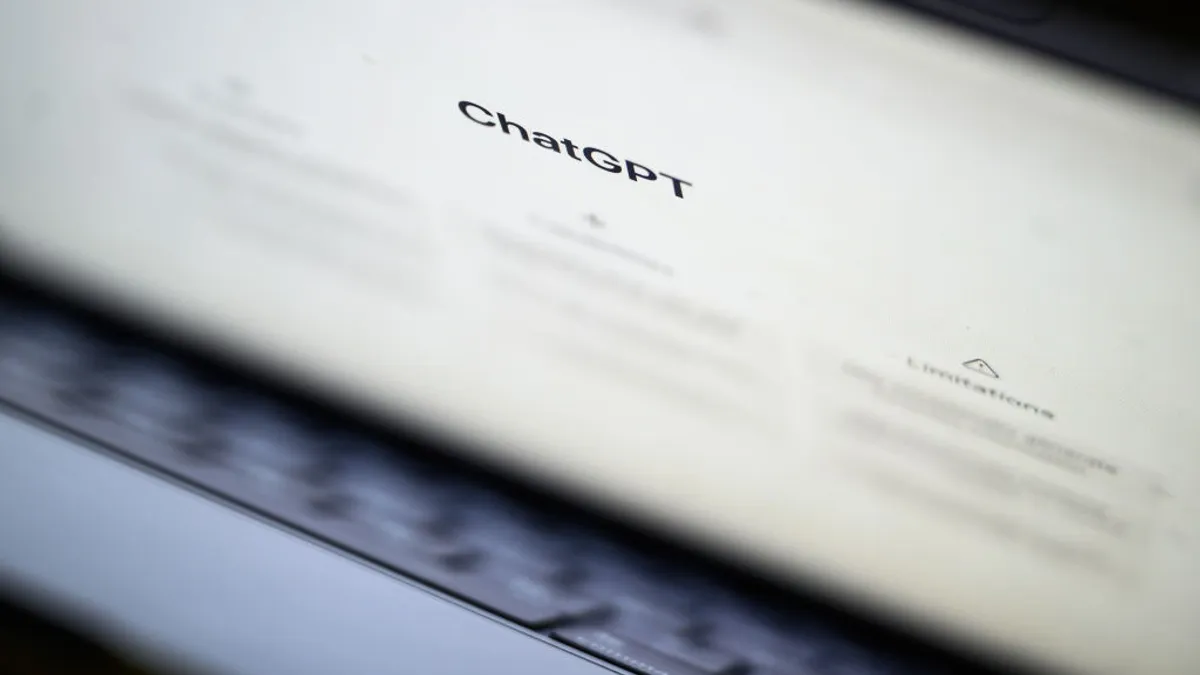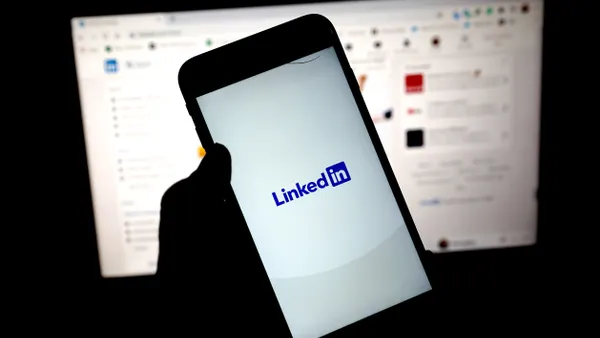Ten percent of job seekers said they’ve lied on their resume, typically about dates of employment, years of experience and job responsibilities in previous roles, according to a May 28 report from AI Resume Builder.
Among those who lied, 76% said they received a job offer, and 81% said the lie helped them get the job. Only 21% said they regret lying on their resume, and 92% said their lies were never discovered.
“Candidates lie on their resume when they feel stressed about their search,” said Soozy Miller, head of career advising at AI Resume Builder. “With recent layoffs, many people are out of work and worried about the job market. Job seekers feel that the job market is so tough right now that actions such as lying on a resume to get a job are justified.”
In the survey of more than 7,800 U.S. adults, younger workers and men were more likely to lie on their resume. Younger workers say a tough job market is pushing them to lie on resumes — and few regret it. Generation Z job seekers were most likely to lie, with 20% saying they did so, compared to 13% of millennials, 8% of Generation X and 4% of baby boomers. About 12% of men and 7% of women said they had lied.
The top reasons for lying included a competitive job market, a lack of interview offers and feeling underqualified. In addition, 29% said they lied to try to land a higher salary; 20% said they believed others were also lying; and 11% said they were encouraged to lie by someone else.
Artificial intelligence tools such as ChatGPT appear to play a role, with 31% of those who lied saying they used AI to craft their resume.
When using AI tools, job seekers may make their experience sound more impressive, reframe gaps or weaknesses and phrase information in a more professional way. AI also helped applicants by suggesting fake accomplishments or experience, such as skills, certifications or even jobs.
Among those who use AI at work, 90% said having AI skills makes them more confident about applying for jobs that they aren’t fully qualified for, which could indicate they may stretch the truth on resumes or trust AI can help them fake it after they’re hired, the report found.
Ten percent may be an underestimate; a 2023 survey by ResumeLab put that number much higher, and even higher numbers reported they’d lied in cover letters and job interviews. Applicants said they embellished skills, job responsibilities and previous job titles.
Although most job seekers use AI for basic help, some may use it to forge documents, create fake resumes and evade applicant filters, experts told HR Dive. Companies can combat this by using AI in screening platforms to verify documents, candidates’ identities and video calls.
During the next six months, AI will change recruiting dramatically, according to a LinkedIn Talent Blog post. Both employers and applicants can expect to demonstrate more transparency about AI use during the hiring process, a recruiting leader at Zapier said.











